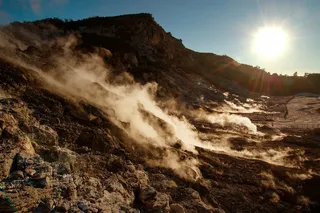Recently, I learned that the American Academy of Arts and Sciences, with support from the Sloan Foundation, had undertaken a path-breaking project to examine what scientists understand about the public. The Academy held four sessions on the topic with experts over the past year and a half, and then asked me to write a paper about the workshops and what they taught and revealed.
The initiative, and my paper, are scheduled to be unveiled at an event at the American Association for the Advancement of Science auditorium in Washington, D.C., on June 29, co-sponsored by the American Academy of Arts and Sciences
and the Washington Science Policy Alliance. The event requires registration
, and here is a write up
for it:
While considerable attention has been paid to strengthening public education in science and technology, less effort has gone into helping researchers understand what lies behind the public response to ...













